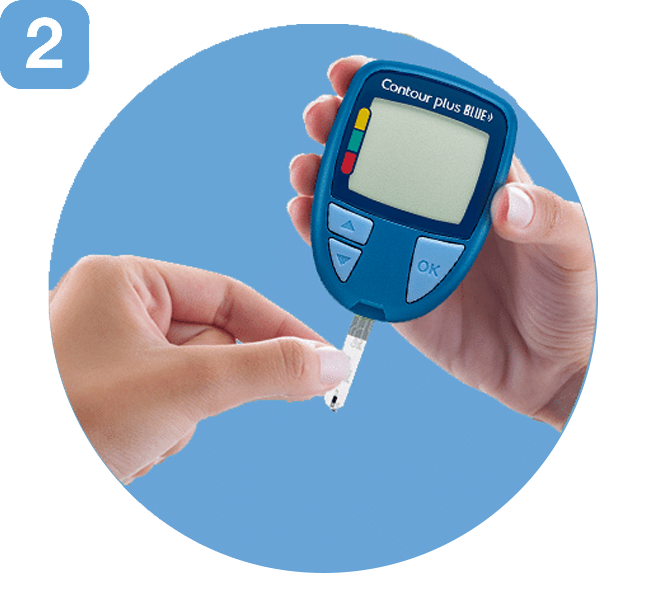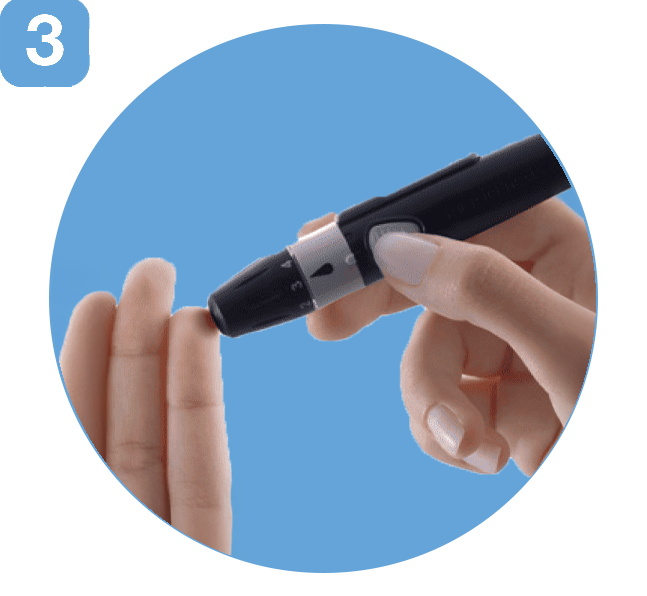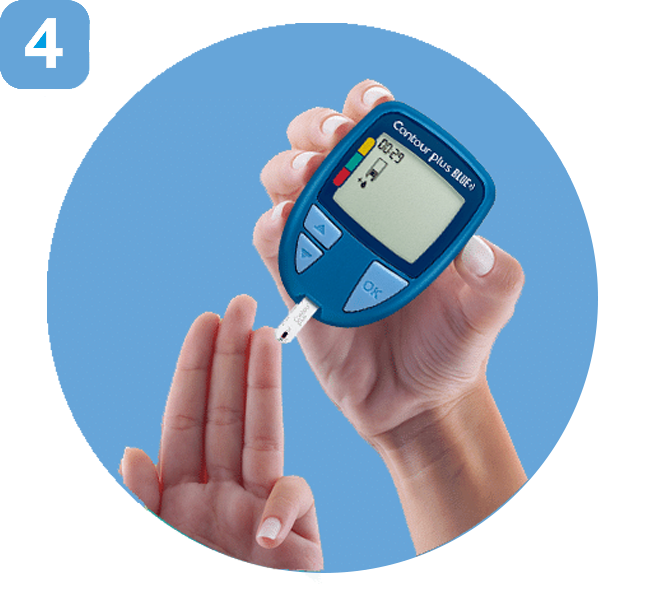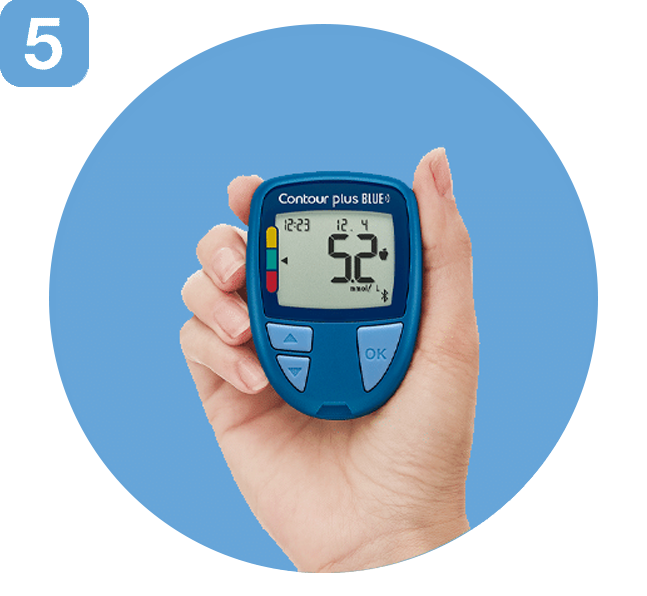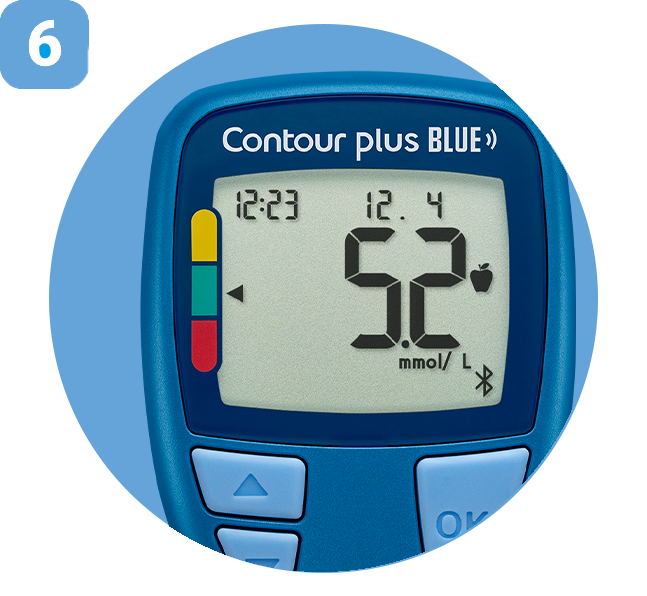If you’re looking for ideas on how to incorporate exercise into your daily life, take a look at the tips below:6
Start small: If you’re new to exercise, try making small changes that will get you moving more in your daily life. For example, try climbing the stairs instead of using the lift, walk to your local shops instead of driving or organise walks with friends and family.
Get your heart pumping: Once you are ready to do more, try aerobic exercises like running, cycling and swimming. This type of activity is helpful for controlling blood sugar levels and will improve your heart health.
Add strength training: If you can, try doing weight training two to three times a week. This type of activity can keep your muscles and bones strong, and your blood glucose levels under control by helping the insulin to become more effective.
Stay flexible: Remember to stretch before and after exercise to help prevent injury to your muscles.
Please speak to your healthcare professional before making changes to your exercise regime, to ensure you understand the impact it could have on your blood glucose levels and any necessary steps you should take to stay safe and healthy.




